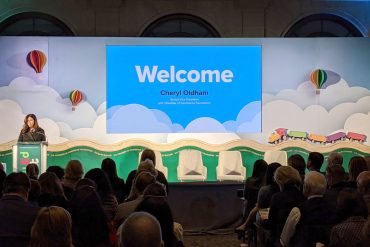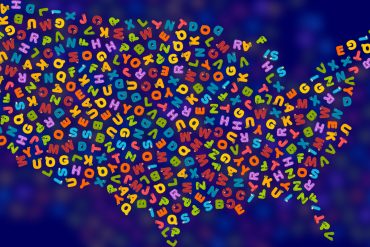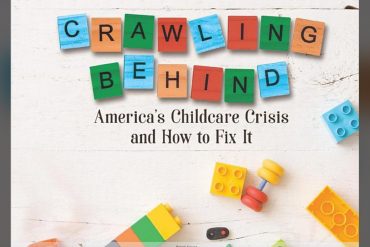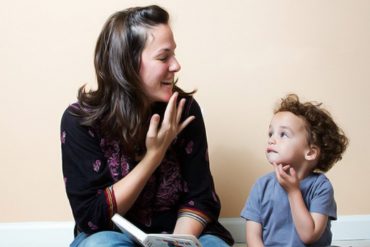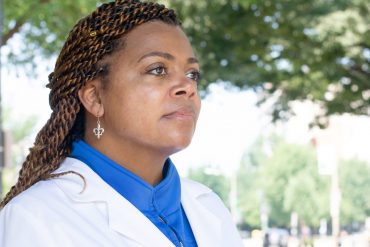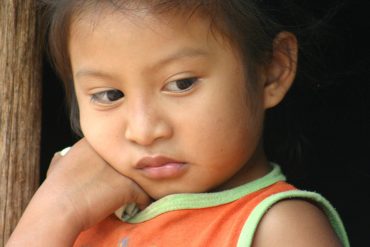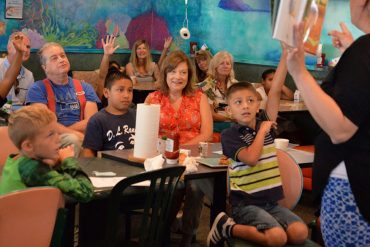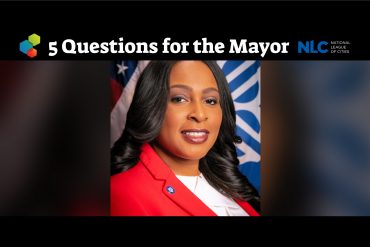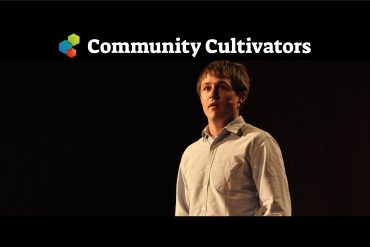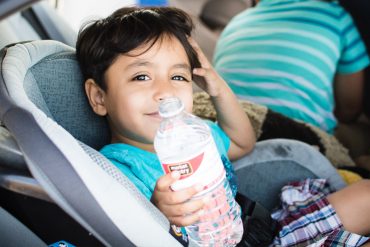On February 28, the U.S. Chamber of Commerce held a summit for early education advocates and professionals, highlighting the work...
In January of 2020, The Hunt Institute—an education policy non-profit based in Durham, NC—released updates to its State Early Childhood...
The New Year, with its metaphor of clear vision, calls out to all of us to think about the future; to envision a better world for children, youth, and families. While we can’t predict what the decade will bring, we can use what we have learned over the years—and our common sense—to set some goals and move forward. Here is what I see and hope for in a new year, in a new decade.
For babies to have the best start in life, they need to form a deep emotional bond with the person...
Fixing a Broken Marketplace
Talking Childcare with Elliot Haspel
Sometimes what seems like idealism at first can actually be canny realism. Case in point: Elliot Haspel’s recent book Crawling...
I see people signing all the time because I live in the Washington, D.C., area near the Red Line, which...
“Our health system is failing women” are the unequivocal opening words of a report issued this past spring by Early...
The Consequences of Forced Separation
When Traumatized Children Return to Traumatized Parents
Science tells us that an outpouring of stress hormones shapes the way the brain develops. Trauma affects behavior, brain development, even the immune system. It’s devastating for all, but for newborns and youngest children, the impact can be profound.
Why Don’t We Just Do That?
Over Cocktails, Restaurateurs Hatch a Plan for Literacy
Three years ago, Amanda and John Horne, owners of Anna Maria Oyster Bar in Bradenton, Florida, heard that 51 percent of children in their local Manatee County school system couldn’t read at grade level by third grade. They were appalled.
“This was horrific,” Amanda says. “We had no idea that this was an issue.”
Over cocktails one night, Amanda and John wondered what they could do. Their clientele is largely composed of older “grandparent-type” people. They have four restaurants and a mailing list of more than 24,000 customers. What if they could pair children up with a grandparent figure or somebody who cares about them, read with them and maybe instill them with a love of reading?
Where do you go for the top news in Early Learning at the municipal level? Check out “5 Questions for the Mayor,” where we’ll explore the top Early Learning challenges and successes in cities across the nation. We’re thrilled to partner with the National League of Cities on this new series.
Shared Values, Different Stories
Logan Smalley’s Vision for Building Community
Like a lot of kids, Logan Smalley liked to take his toys apart and then try (the operative word is...
Summer travel is a whole other thing when you’re a parent of young children. The rest and relaxation you’ve been...


